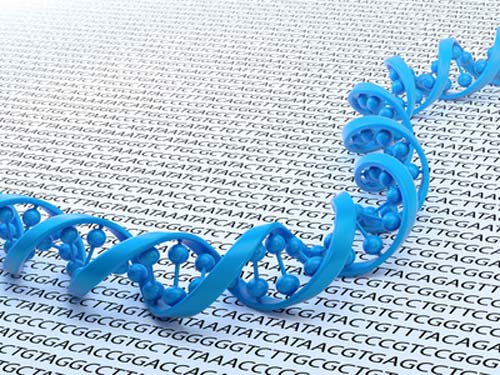
Researchers at the Estonian biobank, which currently holds samples from more than 200,000 people, will sequence 10,000 genomes using PacBio’s long-read HiFi sequencing technology.
Early last year the University of Tartu received a 30-million-euro grant, partly from the European Commission and partly from the Estonian government, to develop a center of excellence for personalized medicine in the country.
Part of this funding will go towards sequencing the 10,000 genomes from the biobank and the rest will support the development of other aspects of precision medicine such as relevant clinical trials and better digital connectivity and analysis tools in Estonia.
The Estonian Biobank is based at the University of Tartu and was founded in 2000. It holds samples from 212,000 people, around 20% of the adult Estonian population. Although it is a well-established biobank, most of the samples have so far only been genotyped using microarrays to find single nucleotide polymorphisms and have not undergone whole genome sequencing.
Genome sequencing can provide much more in depth information than genotyping and this project will help with Estonia’s efforts to rollout precision medicine in the country by providing a broader and more diverse genetic dataset.
Lili Milani, head of the Estonian Biobank and professor of pharmacogenomics at the University of Tartu, and colleagues chose to use the PacBio Revio HiFi sequencing system, because of its high accuracy and long-read capacity. The Revio machine, bought out in 2022 by PacBio, maintains the accuracy of the company’s earlier machines but is a lot cheaper to run, making it more accessible for users wanting to sequence many genomes.
“The trial samples we received from PacBio were unmatched in terms of quality and genome coverage. We considered several other technologies but were most impressed by the high degree of accuracy, read length and multiomic insight of Revio. Combined with the greater affordability of Revio, it became the clear choice to support our goals,” explained Milani in a press statement.
The researchers plan to use the high-resolution genomic data they obtain to create in depth polygenic risk scores for a number of different diseases, as well as to assess pharmacogenetic response to different medications. The PacBio technology also allows sequencing of the epigenome, by tracking methylation status, which is also becoming more and more useful in genetic medicine.
The current funding covers sequencing of 10,000 genomes, but the Biobank wants to eventually sequence all its participants and is looking for funding to complete this project.












